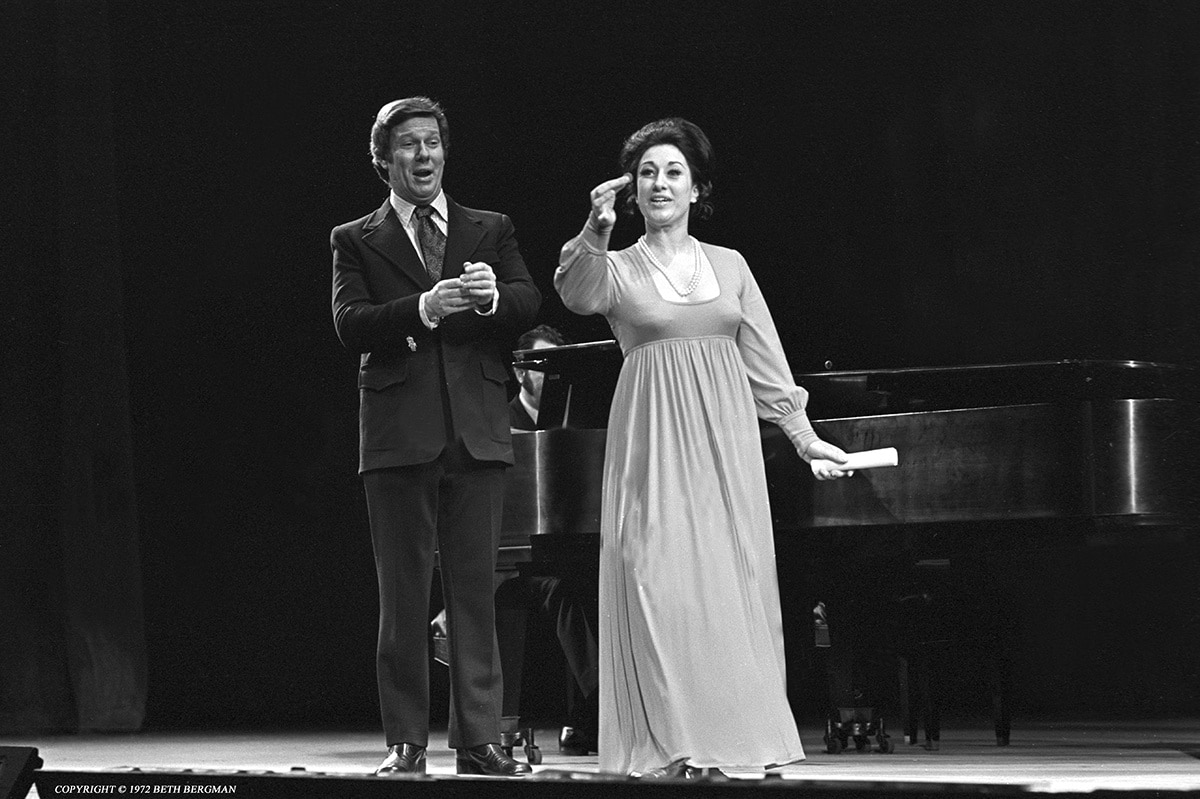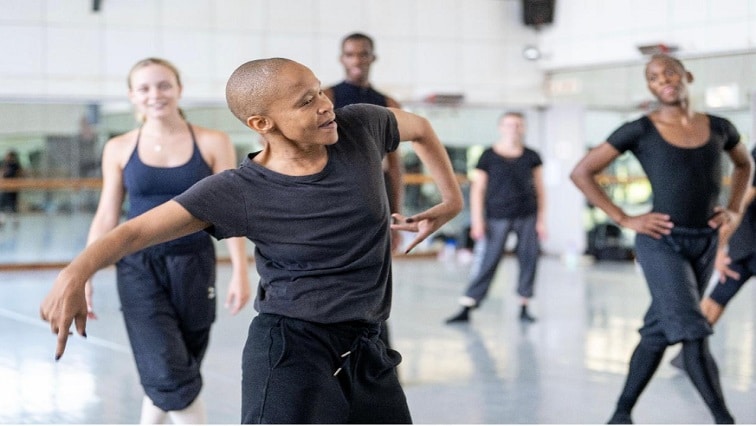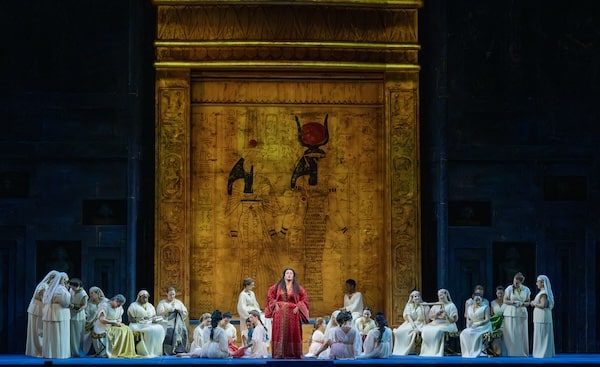Make way for The Passenger
mainIt is hazardous to predict, at midnight after the premiere, that an opera suppressed for almost half a century is about to command the stage for many years to come.
But I left English National Opera tonight convinced that Mieczyslaw Weinberg’s 1968 work The Passenger is something very close to a masterpiece. Written to a memoir by a Polish Auschwitz survivor, Zofia Posmysz, by a composer who lost all of his family in the Holocaust, the opera was banned by the Soviet authorities (perhaps for its resemblance to Gulag conditions) and not heard until 2006, when a concert version was performed in Moscow.
The world stage premiere was in Bregenz in the summer of 2010, driven by the conviction of its director David Pountney. It was this version, co-produced with Madrid and Warsaw and with a different cast, that appeared on the London stage before a breathstruck full house.
Switching from Auschwitz to an ocean liner 15 years later, the opera centres on the obsession of an Auschwitz guard for one of her female Polish prisoners. From their first encounter, the authenticity of the relationship is unmistakable – rendering such synthetic confections as William Styron’s Sophie’s Choice and Bernard Schlink’s The Reader morally redundant.
What’s more, Michelle Breedt as the guard and Giselle Allen as Marta reduce to cinders the screen performances by Meryl Streep and Kate Winslet. The cast was flawless: the singing immaculate and the acting of Stratford subtlety. Richard Armstrong conducted.
There are passing naiveties in Alexander Medvedev’s libretto, along with some concessions to the official Soviet line, but Weinberg’s music is compelling and intensely his own. There are moments in the second act when he strays close to Lady Macbeth of Mtsensk by his close friend Dmitri Shostakovich, but the score has Weinberg’s thumbprint as a watermark through and through. Harrowing as any Holocaust opera must be – and this is the ultimate Auschwitz opera – there is a plethora of rich and tender moments, along with plenty of human conundra.
The vastness of Auschwitz and its multinational population is pointedly brought home, and its counterpoint in the ocean liner leads to endless reflections on how human beings choose – or are chosen – to go from one place to another.
The Passenger is an opera that demands to be seen – more than once, if possible. The author, Zofia Posmysz, in her late eighties, was there to witness the triumph.








I thoroughly agree with Mr. Lebrecht. Brilliantly staged, beautifully sung, well acted, decent libretto (well translated), and an astonishing score. Weinberg/Vainberg’s music has been available on disc for some time, but I was not prepared for the sheer force of this music, varying from warped jazz and hollow dance music, through obscenely grandiose waltz parody, barbed harmony and dissonance, to spell binding solos for violin and voice, the latter a quite beautiful Russian folk song, a lament for loss in the abyss of the death camp. I only hope a decent recording and DVD of this production will soon be available. The ENO orchestra was magnificent last night!
P.
The DVD of the Bregenz Festival production – substantially the same except in multiple languages – is available on the NEOS label.
David – Might they put a couple of clips on Youtube? That could be helpful. The symphonies project on NEOS is excellent.
What does “something very close to a masterpiece” actually mean? What would Weinberg needed to have done to cross the threshold?
The DVD is already available:
http://www.amazon.co.uk/Passenger-DVD-Wiener-So/dp/B004BIP0UW/ref=sr_1_2?s=dvd&ie=UTF8&qid=1316526732&sr=1-2
And there’s a Blu-Ray version too.
T
my review of the dvd-recording:
https://basiaconfuoco.com/2016/11/28/mieczyslaw-weinberg-the-passenger-english-traslation/